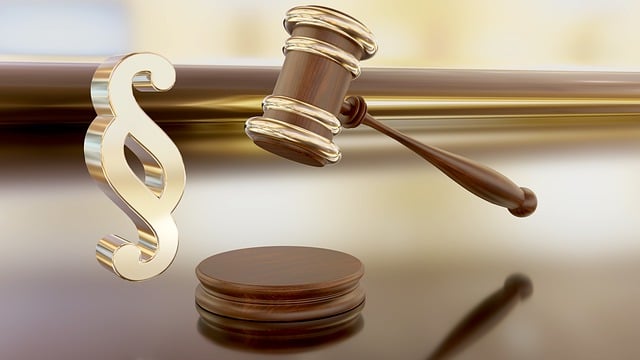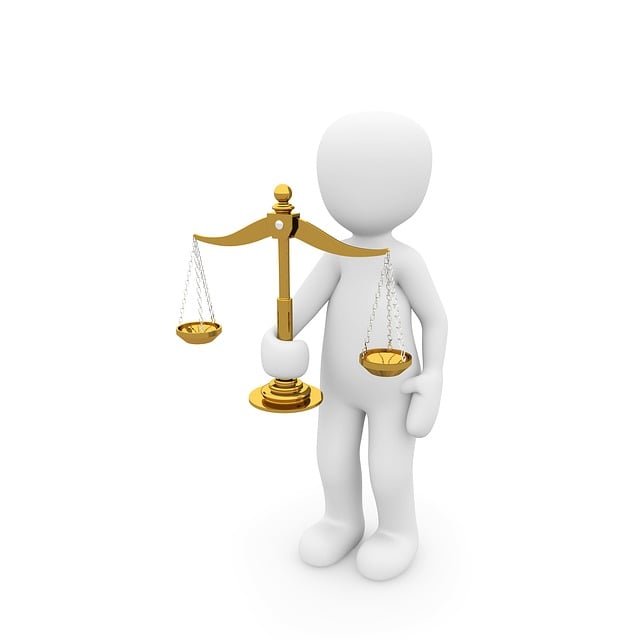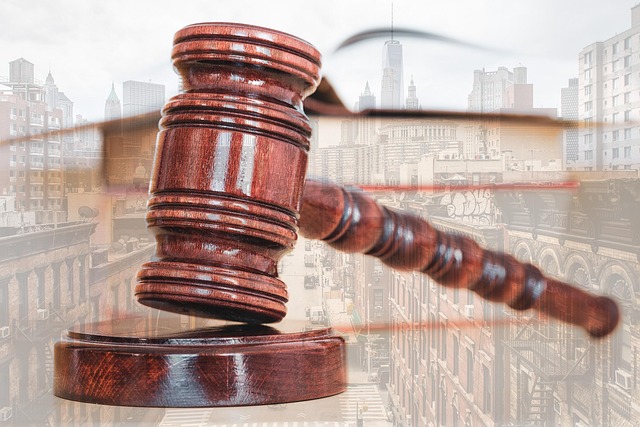Public corruption charges, with their severe legal and societal repercussions, underscore the critical importance of rights during post-conviction proceedings. This process allows individuals convicted of illicit behavior by public officials to challenge their guilt or sentences. Specialized legal teams navigate complex strategies, including procedural errors and new evidence, to secure relief for clients while upholding fairness and public trust in governance and justice.
“Uncovering the intricate web of public corruption charges is essential for understanding the legal implications that follow. This article delves into the critical aspects of these charges, offering a comprehensive guide on post-conviction proceedings. From defining public corruption to exploring appeals processes, we explore the rights individuals face during these challenging times. Learn how navigation through post-conviction can provide potential relief, ensuring fairness and justice in the legal system.”
- Understanding Public Corruption Charges: Definition and Legal Implications
- Post-Conviction Proceedings: A Glimpse into the Process
- Rights of Individuals Facing Public Corruption Accusations
- Navigating Appeals and Potential Relief During Post-Conviction
Understanding Public Corruption Charges: Definition and Legal Implications

Public Corruption Charges refer to allegations of illicit behavior by public officials or those in positions of power, involving the abuse of their authority for personal gain or to benefit specific individuals or groups. This can include bribery, fraud, extortion, and various forms of misappropriation of public funds. Understanding these charges is crucial during all stages of the investigative and enforcement process, as they carry significant legal implications.
The definition of public corruption goes beyond simply breaking the law; it involves a breach of trust and the erosion of public integrity. These cases often have far-reaching consequences, impacting not only the individuals involved but also the confidence of the philanthropic and political communities in the fairness and transparency of governance. Therefore, the legal system must ensure that rights during post-conviction proceedings are upheld, fostering an unprecedented track record of justice and accountability.
Post-Conviction Proceedings: A Glimpse into the Process

After a conviction for public corruption charges, the legal battle isn’t always over. Post-conviction proceedings offer an avenue for individuals to challenge their guilt and seek relief from unfair sentences. This process involves several steps where accused individuals can exercise their rights to appeal or move for a new trial based on newly discovered evidence or procedural errors.
During these proceedings, the focus shifts to all stages of the investigative and enforcement process, including potential mistakes made during arrest, interrogation, or prosecution. Legal teams dedicated to defending against white-collar and economic crimes play a crucial role in constructing compelling arguments that can lead to winning challenging defense verdicts. This meticulous review ensures fairness and protects the rights of those accused, ensuring that justice is not only served but also accurately administered.
Rights of Individuals Facing Public Corruption Accusations

Individuals facing public corruption accusations have specific rights that must be respected throughout the legal process. One crucial aspect is the right to a fair trial, which includes the presentation of evidence and cross-examination of witnesses during jury trials. This ensures that the accused has an opportunity to defend themselves against the allegations.
Moreover, during post-conviction proceedings, individuals can seek a complete dismissal of all charges if they can prove substantial procedural errors or newly discovered evidence that could have significantly altered the outcome. The respective business of ensuring a just and transparent legal system demands that these rights are upheld, fostering public trust in governance and the administration of justice.
Navigating Appeals and Potential Relief During Post-Conviction

After a conviction for public corruption, individuals often face complex and high-stakes legal battles during post-conviction proceedings. This phase is critical as it offers an opportunity to navigate appeals and potentially achieve extraordinary results. The rights of those involved are paramount, ensuring a fair process where errors or new evidence can be reviewed by higher courts.
Many strategies come into play, particularly in high-profile cases across the country. Legal teams may argue procedural errors, challenge the admission of evidence, or raise constitutional issues. By presenting compelling arguments and substantial proof, defendants seek relief from their sentences or even a reversal of their convictions. This meticulous process demands expertise and a deep understanding of both the law and the unique circumstances of each case.
Understanding public corruption charges and navigating the subsequent post-conviction proceedings is a complex process, but individuals facing these accusations do have rights. By recognizing their legal options during this period, from appealing verdicts to seeking potential relief, those accused can ensure they are treated fairly within the system. Knowing the available procedures enables effective navigation of the judicial landscape, thereby upholding the principle of justice for all.






